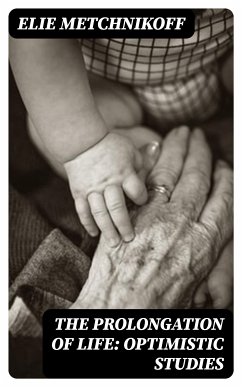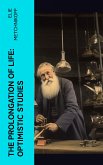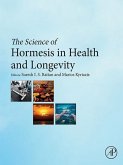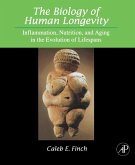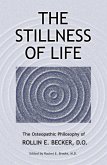In "The Prolongation of Life: Optimistic Studies," Elie Metchnikoff explores the intriguing possibility of extending human life through scientific understanding and social reform. This pioneering work combines elements of biology, philosophy, and sociology, questioning prevailing notions of aging and health. Metchnikoff, using a rigorous yet accessible literary style, engages with contemporary debates in gerontology and health science, presenting a blend of empirical research and theoretical propositions that challenge earlier paradigms about aging. Central to his thesis is the suggestion that lifestyle choices and diet, particularly the consumption of fermented foods, play a crucial role in promoting longevity. Elie Metchnikoff, a prominent biologist best known for his theories on immunity, was profoundly influenced by his research on cellular aging and disease. His background in microbiology, particularly his discoveries regarding phagocytosis, positioned him uniquely to approach aging from a holistic perspective. Metchnikoff's positive outlook on life extension reflects his own commitment to understand and combat the biological processes of aging, influenced by the burgeoning science of his time, which included advances in microbiology and nutrition. This book is highly recommended for readers interested in the intersection of science and philosophy, particularly those seeking insights into the aging process and ways to enhance life quality. Metchnikoff's optimistic perspective serves as a refreshing counterpoint to more fatalistic views of aging, making it a valuable addition to the literature on health and longevity.
Dieser Download kann aus rechtlichen Gründen nur mit Rechnungsadresse in A, B, BG, CY, CZ, D, DK, EW, FIN, F, GR, H, IRL, I, LT, L, LR, M, NL, PL, P, R, S, SLO, SK ausgeliefert werden.

